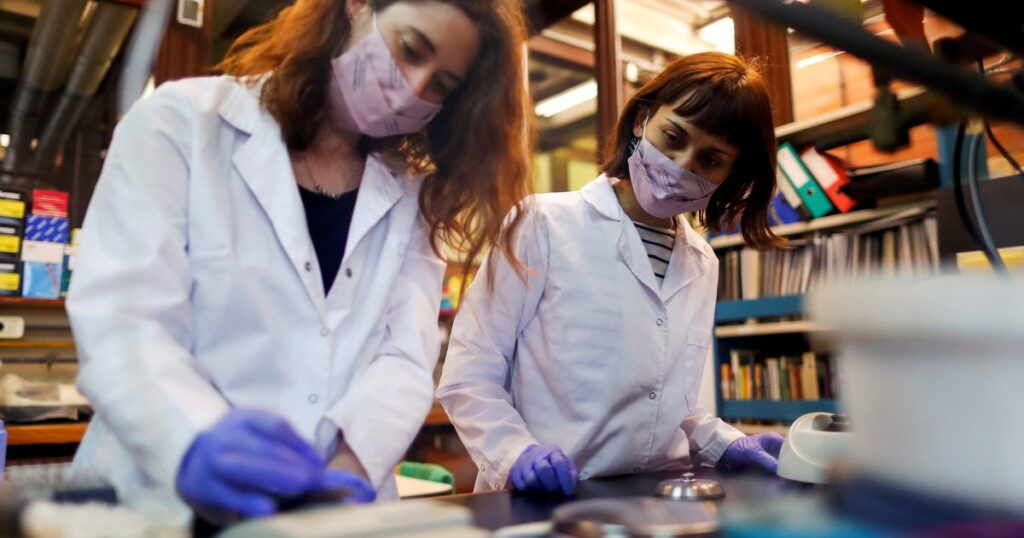Federal Agencies Address Diversity Initiatives
In a significant shift prompted by executive orders from former President Donald Trump, federally funded agencies and certain corporations are actively erasing references to diversity, equity, and inclusion (DEI) from their publications and online platforms. Recently, the Centers for Disease Control and Prevention took decisive action by withdrawing articles intended for publication that contained the prohibited terms. Additionally, the National Science Foundation (NSF) is intensively reviewing grant applications to ensure conformity with these directives, leading to stringent scrutiny for the presence of words like “diversity,” “inclusion,” “women,” and “race.” Julia Barnes, a Tennessee-based anthropologist receiving NSF funding, shared her concerns, stating, “The United States is not a stable place to be a scientist.” She emphasized the dedication of scientists despite modest funding, expressing the deep importance of their research endeavors.
Humanitarian Crisis in the Democratic Republic of Congo
The situation in the eastern Democratic Republic of Congo (DRC) continues to deteriorate, resulting in severe consequences for women. On January 27, the Rwandan-backed rebel group M23—or March 23 Movement—unexpectedly took control of a prison in Goma, the capital of North Kivu. During the turmoil, male inmates entered the women’s section, leading to the horrific rape of at least 165 women before the area was set ablaze. While many male prisoners escaped during the chaos, the fates of hundreds of female inmates remain tragically uncertain. Although M23 has engaged in violence for years, its recent capture of Goma and aggressive posturing towards the DRC capital of Kinshasa mark an alarming escalation. The group claims to be defending minority populations in eastern DRC but is also implicated in illegal resource smuggling. Vivian Van de Perre, the United Nations representative for the DRC, remarked on the troubling volatility in Goma, with reports indicating at least 900 people killed and 2,900 injured.
Empowering Women Through Safe Transportation in Kenya
In Kenya, a groundbreaking initiative is challenging gender norms and improving transportation access for women. Known as the “Boda Girls,” this group of women motorcycle drivers is dedicated to providing safe rides for women, including expectant mothers on their way to medical care. Initiated by Dan Ogola, who founded a local hospital, the program addresses the significant barriers women face in affording transportation for essential health services. In the spring of 2022, Ogola recruited and trained ten women riders in motorcycle driving, self-defense, and vehicle maintenance. Today, there are around 1,000 female motorcycle drivers amidst nearly 2.5 million taxi drivers across Kenya. Ogola stated, “We kill poverty by creating jobs for them,” underlining the dual mission of enhancing employment and accessibility to healthcare for women. Despite facing resistance from a patriarchal society, the Boda Girls remain steadfast in their commitment to their work and in empowering the next generation by imparting vital skills.
Related Topics:
- Inequality
- Sexual Violence
- Technology and Innovation
- Women and Economic Growth
- United States


